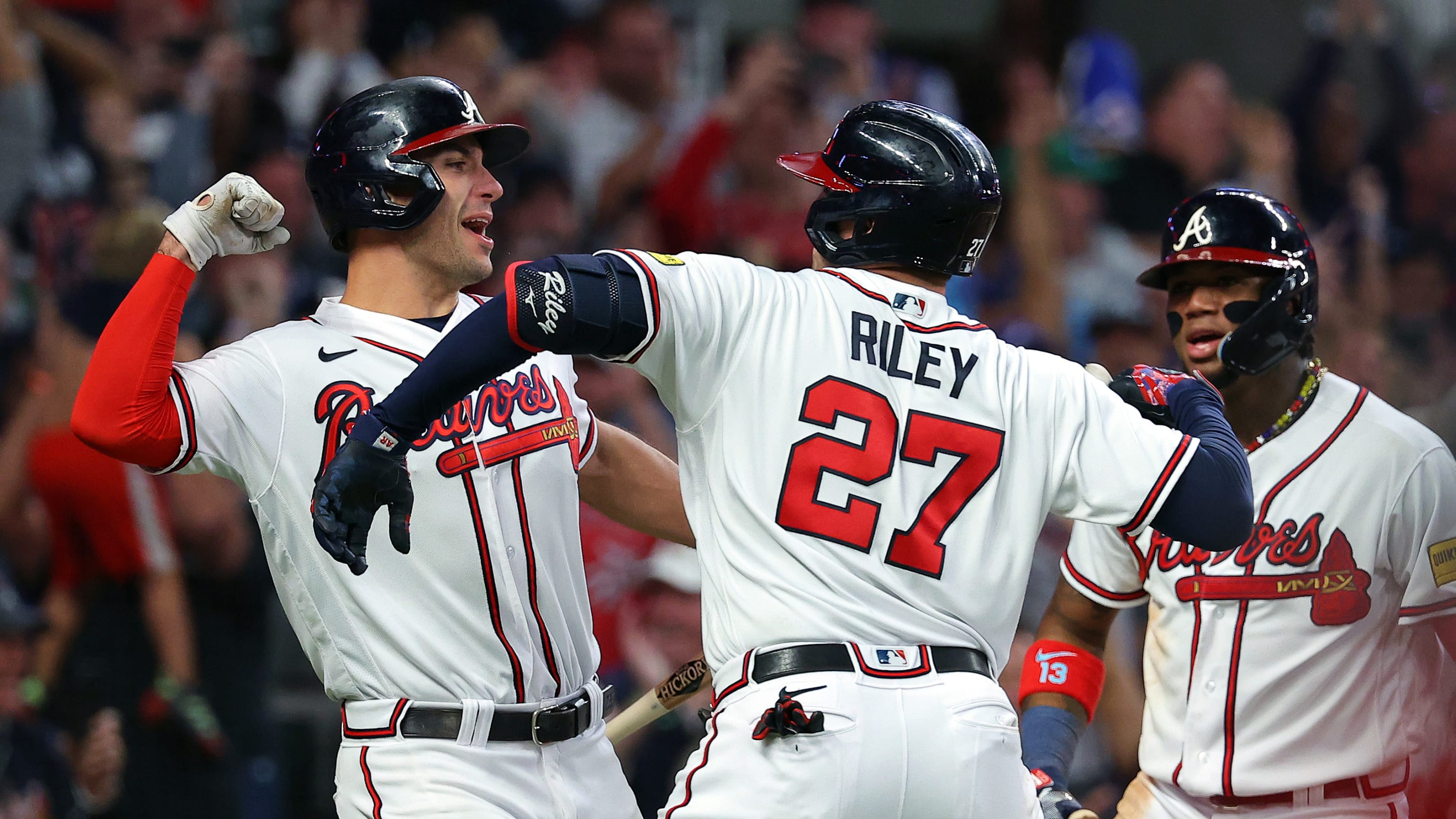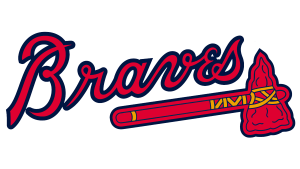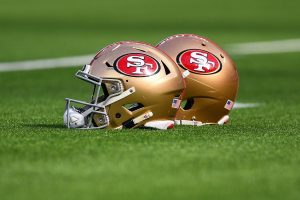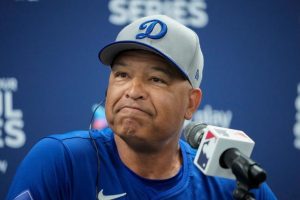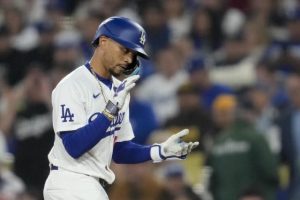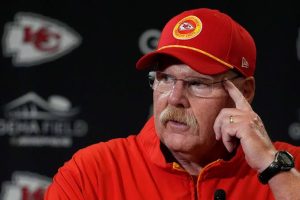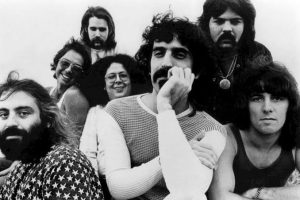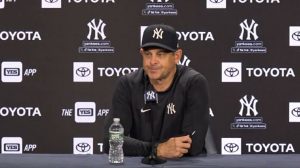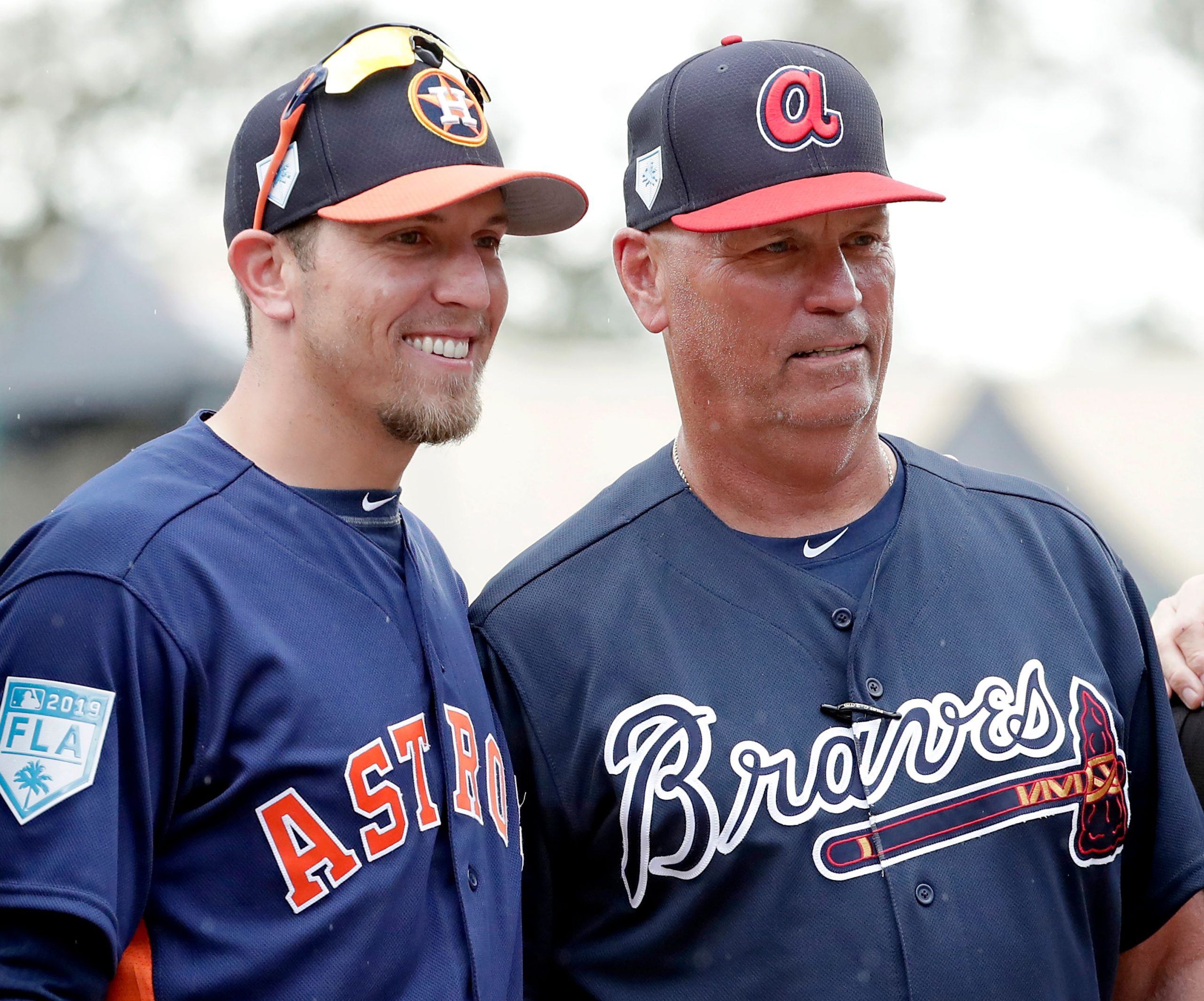
The Atlanta Braves have big plans for this offseason
Alex Anthopoulos obviously has a very specific idea of how to improve this team, and he needs both money and 40-man roster spots to do it
The Atlanta Braves have had one of the most eventual non-tender deadlines in all of baseball, declining to offer contracts to seven different players and trading another five.

To recap the moves of the last 24 hours:
Atlanta traded Michael Soroka, Nicky Lopez, Jared Shuster, Braden Shewmake, and minor-leaguer Riley Gowens to the Chicago White Sox for reliever Aaron Bummer.
That gives you a net of three 40-man spots and a few million dollars in now-freed salary.
Atlanta traded reliever Nick Anderson to the Kansas City Royals for cash considerations, reported to be $500,000.
Net one more 40-man spot and just over $2M.
Atlanta traded starter Kyle Wright to the Kansas City Royals for pitcher Jackson Kowar.
Net another $1.4M.
Atlanta non-tendered SEVEN different players – Yonny Chirinos, Kolby Allard, Penn Murfee, Angel Perdomo, Michael Tonkin, Chadwick Tromp, and Lucas Williams
Net seven more 40-man roster spots and about $5.5M (Chirinos was projected to make $2M, Tonkin and Allard both $1M, and league-minimum salaries for the rest.)
Atlanta freed up a lot of roster space and salary
The Atlanta Braves’ 40-man roster, as confirmed by the team, now sits at 30 players.
And after having moved twelve major leaguers (plus two prospects) out of the organization today/last night, Alex Anthopoulos has created around $9M in now-freed salary.
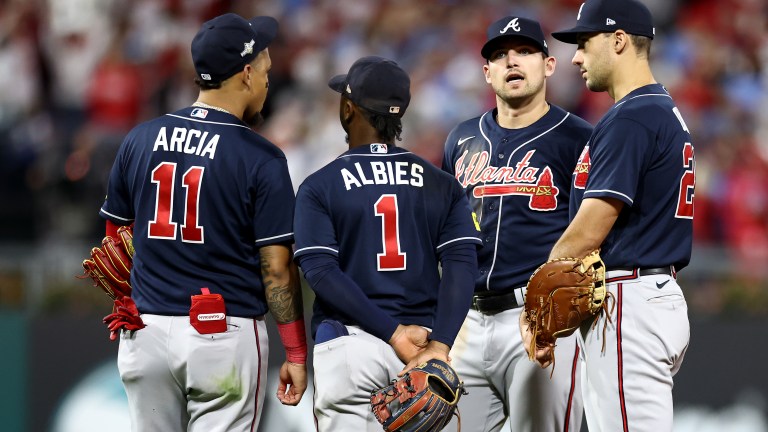
(Several of those players non-tendered had more than $1M coming in arbitration, with Chirinos projected to make $2M, and both Allard and Tonkin making $1M. When you combine that savings with the now-traded Michael Soroka ($3M), Nicky Lopez ($3.9M), Kyle Wright ($1.4M), and Nick Anderson ($1.6M), the Braves have cleared over $14M in salary space for 2024 with these moves. The acquisition of Aaron Bummer from the Chicago White Sox adds $5.5M to the ledger for 2024, but you’re still net $8.5M.)
When you factor in the declination of Eddie Rosario’s $9M option for 2024 – which feels like it was months ago but was just last week – Atlanta’s freed up roughly $18M to $20M in salary commitments/projections from the 2024 payroll.
What is Alex Anthopoulos up to?
This front office works in silence – there are no leaks from Atlanta’s side, with the first notifications of a trade or a free agent signing often being the now-familiar “Press Release” graphic tweet being dropped by the organization.
So he hasn’t told us exactly what he’s up to.
But based on our observations, we can make a few educated guesses.
More swing and miss out of the bullpen
One of the commonalities in the players that Atlanta’s brought in with these moves – relievers Aaron Bummer and Jackson Kowar – has been in the quality of their “stuff”.
Aaron Bummer’s fastball/slider combo, buttressed by the occasional cutter, gave him an 87th percentile “Whiff” – swing and miss percentage – of 32.0% in 2023. He struck out 29.2% of all batters faced, and that was a BAD year for him.
Jackson Kowar’s four-seam fastball velocity in 2023 averaged 96.9 mph, 91st percentile in all of baseball.
And some of the players that have left this offseason – the non-tendered Michael Tonkin and starters Yonny Chirinos and Kolby Allard, the decline of club options for Brad Hand and Collin McHugh, the free agent departure of our beloved Jesse Chavez – all shared below-average stuff and were usually effective or successful in their outings despite the quality of their pitches, not because of them.
The big question with the relievers is this: Is the high walk rates for both players something that Atlanta thinks they can fix, or is that an issue they’ll have to work around? We saw Pierce Johnson, acquired at the 2023 trade deadline with a career 4.4 BB/9, put up under two walks per nine innings down the stretch for Atlanta. Was that small sample size noise, or proof the player development and analytics departments have figured something out?
And some of the players that have left this offseason – the non-tendered Michael Tonkin and starters Yonny Chirinos and Kolby Allard, the decline of club options for Brad Hand and Collin McHugh, the free agent departure of our beloved Jesse Chavez – all shared below-average stuff and were usually effective or successful in their outings despite the quality of their pitches, not because of them.
The big question with the relievers is this: Is the high walk rates for both players something that Atlanta thinks they can fix, or is that an issue they’ll have to work around? We saw Pierce Johnson, acquired at the 2023 trade deadline with a career 4.4 BB/9, put up under two walks per nine innings down the stretch for Atlanta. Was that small sample size noise, or proof the player development and analytics departments have figured something out?
But he can’t hit a lick.
Lopez carried a career slugging percentage of .319, with six career homeruns in 544 games.
Braden Shewmake, who struggled in his brief MLB cameo while Orlando Arcia was out with a fractured wrist, was Nicky Lopez but in the minors: Career .250 hitter with a .407 slugging percentage and 38 homers in 346 career minor league games.
Gwinnett catcher Chadwick Tromp, who’s gotten into 40 games as a backup in San Francisco and Atlanta? Career .222 hitter with a .414 slugging percentage, including only 5 homers in 40 major league games.
All gone.
So, prioritizing pitchers who throw gas & hitters who mash…you know what?
This kind of looks a bit like…Philadelphia?
What were the big takeaways from the postseason runs the Phillies have made the last two years?
Tons of power all across the lineup, even at the expense of defense
Kyle Schwarber in left field was THE worst defensive outfielder in all of baseball, but he also hit 93 homers across the last two regular seasons and 14 more in the postseason.
Both swing & miss and velocity all through the bullpen
Philadelphia was confident pulling starter Ranger Suarez in the fourth inning in game one of the NLDS, and the bullpen put up zeros the rest of the way for the first home shutout of the Braves and their record-setting offense since August 2021.
(One of the notes that stuck after the NLDS was Philadelphia’s intent on attacking Braves hitters with velocity: In the regular season, Atlanta hitters slugged .396 on pitches that were 97 mph or faster, while slugging .512 on pitches 96 and slower.)
A core of star position players, supplemented by role players
Philadelphia has the “big three” of Trea Turner, Bryce Harper, and JT Realmuto, surrounded by Nick Castellanos and Kyle Schwarber and a bunch of young talent like Alex Bohm, Bryson Stott, and Johan Rojas.
/cdn.vox-cdn.com/uploads/chorus_image/image/72118177/usa_today_20155243.0.jpg)
Atlanta has a…”big seven”, I guess? Ronald Acuña Jr, Austin Riley, and Matt Olson match the three of Philadelphia, and Atlanta can counter Castellanos and Schwarber with Sean Murphy and Ozzie Albies…and Michael Harris II…and Marcell Ozuna.
In AA We Trust, right?
Anthopoulos has already came out and said the Braves plan to both increase payroll and be aggressive this offseason. Reports are that Atlanta’s heavily invested in the starting pitching market and determined to not be the last team standing without a dance partner when the music stops.
The man’s been good for at least one big splash every offseason – in the last three winters, Atlanta’s added Charlie Morton (after 2020), Matt Olson (after 2021), and Sean Murphy (after 2022).
